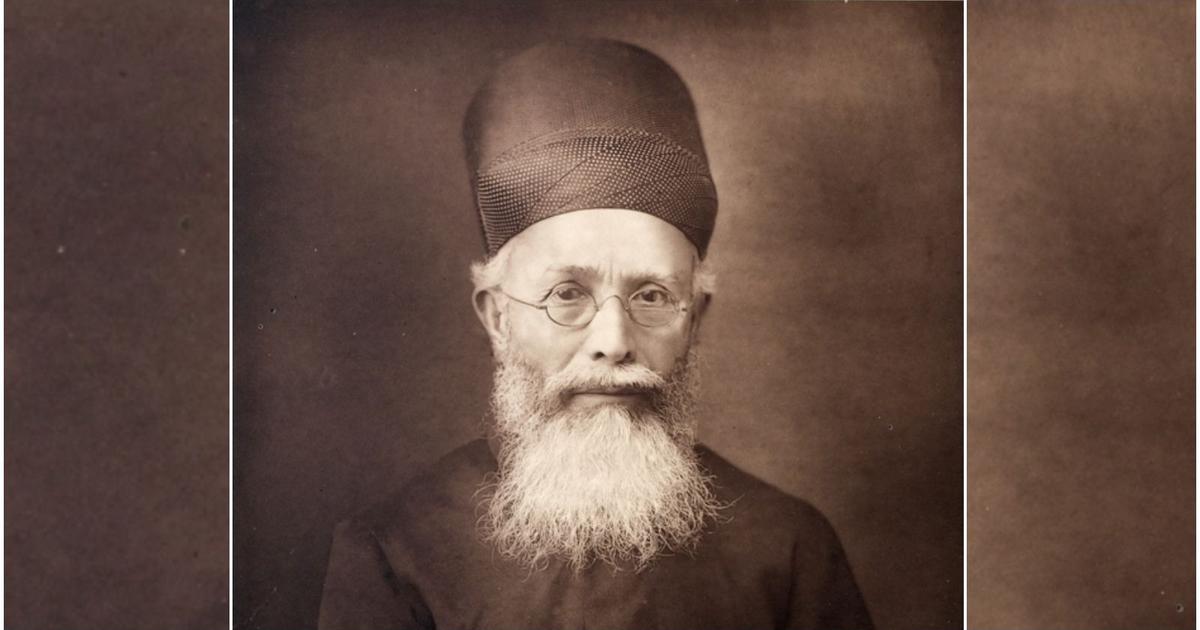Dadabhai Naoroji’s 200th birth anniversary: How early nationalists thought about mass education

Were early Indian nationalists – people like Dadabhai Naoroji, Gopal Krishna Gokhale, Romesh Chunder Dutt, and Mahadev Govind Ranade – a bunch of staid men with fusty, conservative ideas?
A previous generation of historians was quite unkind to them, dismissing them as Anglophiles and self-interested elites. But if one dives into the archives, one quickly discovers that that the nineteenth century in India was fertile ground for some remarkable, even radical, political agendas which embraced vast swathes of Indian society.
Today is a particularly appropriate day to recall early nationalist ideas. Two-hundred years ago, on September 4, 1825, Dadabhai Naoroji was born in the city then known as Bombay. Perhaps the most consequential nationalist leader before Mahatma Gandhi, Naoroji shepherded the Indian National Congress through its early decades, fought for Indian rights in the British Parliament, and forged ties with numerous other emancipatory movements around the world.
His life and lifework were shaped by one of the most ambitious programmes of early nationalism: popular education. On his 200th birth anniversary, it is worthwhile to recall how nineteenth-century Indian leaders championed quality, state-supported education – and to ask why post-Independence India has been so delinquent in delivering this essential public good.